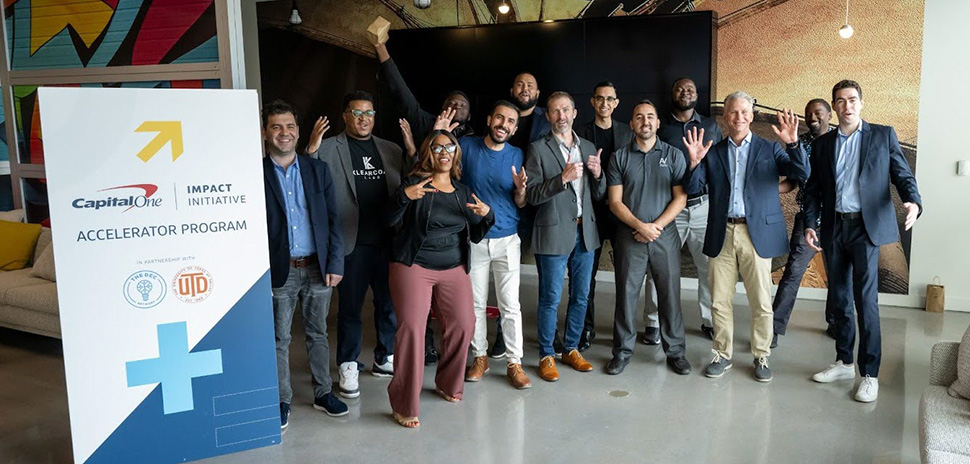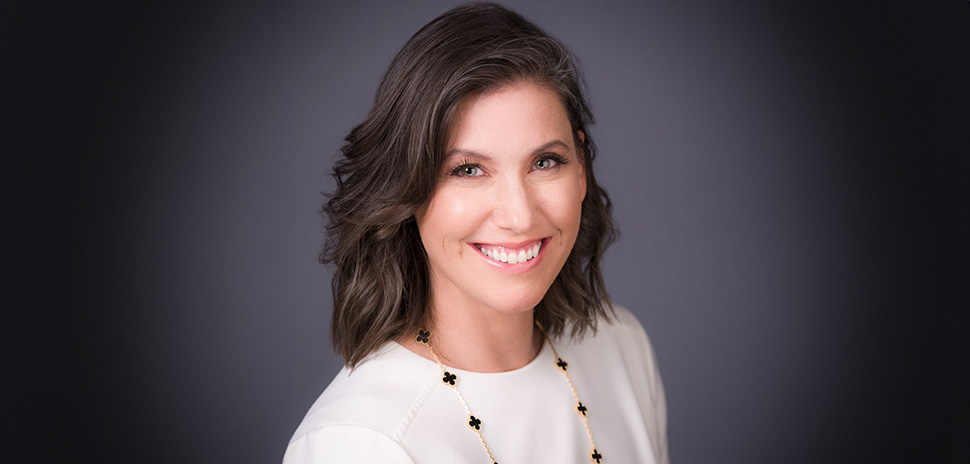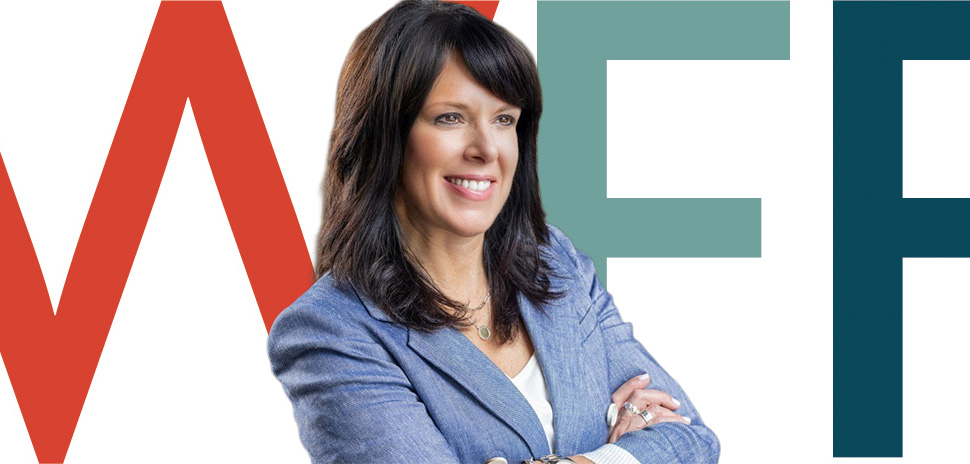![]() In an era where artificial intelligence is transforming industries, one startup is turning its algorithmic eye to a persistent challenge: traffic and work zone safety. Washington-based Metrolla, founded by Adam Szablya is deploying machine learning to spots where human observation falls short.
In an era where artificial intelligence is transforming industries, one startup is turning its algorithmic eye to a persistent challenge: traffic and work zone safety. Washington-based Metrolla, founded by Adam Szablya is deploying machine learning to spots where human observation falls short.
“We save time and money by measuring what is seemingly invisible to the naked eye that is tasked with monitoring the rotating camera feeds,” Szablya explains, outlining Metrolla’s core value proposition.

Adam Szablya
The company’s flagship product, the DataBlade, combines IoT technology with computer vision to provide real-time insights for traffic engineers, safety managers, and construction industry executives. It’s a high-tech solution to an often-analog problem: how to efficiently monitor and respond to safety issues in complex, ever-changing environments.
Szablya’s journey to traffic AI began with a detour. “Originally I had set out to solve a problem I had encountered firsthand at my day job with targeted data collection for autonomous vehicles,” he recalls. “The pivot to computer vision was natural as we eventually needed to move to fixed infrastructure but still maintain the autonomous perception concept.”
This pivot has positioned Metrolla at the intersection of several growing markets. The global intelligent transportation system market, which includes smart traffic management solutions, is projected to reach $39.5 billion by 2030, according to Allied Market Research. Meanwhile, the construction safety market is expected to hit $73.5 billion by 2028, as reported by Fortune Business Insights.
Metrolla’s selection for the Capital One mobility-focused Accelerator has provided Szablya with more than just industry validation. “As a technical founder, meeting sales mentors has helped me reframe my mind to how I tell my story to customers,” he acknowledges, highlighting the program’s impact on his business acumen.
The Accelerator’s pitching opportunity represented a significant milestone for Szablya and Metrolla. “This is my first pitch presentation,” he said ahead of the pitch. “It also will give me a good idea of how well the investor market looks like outside of Seattle where I have pitched over 700 investors and not gotten traction with any of them.”
With a runner-up finish, Szablya remains focused on the bigger picture. “The honest answer is the prize money is not enough to make a meaningful impact on our business,” he candidly admits. “However, it will partially fund some hardware infrastructure for hosting and data services and extend our runway by about one month.”
For Szablya, the real prize lies beyond the competition. “I am here to pitch for our seed round more than I am for the prize money,” he said, referring to his long-term vision for Metrolla.
By teaching machines to see what human eyes might miss, Szablya is not just developing new technology — his company is reshaping how we understand and manage the spaces where we live and work.
“We are a perception software company with a focus on work zone safety, city traffic insights, rail operations, crowd analytics, and more,” Szablya says, underlining the broad potential impact of Metrolla’s technology across various aspects of urban life and transportation.
For more details on the 2024 Capital One Accelerator Program Pitch and its five finalists, read the full story here.
Capital One is a Dallas Innovates Platinum partner. “Seeing the Invisible: Metrolla’s AI Vision for Safer Roads” was written and edited by Dallas Innovates’ brand studio.
![]()
Get on the list.
Dallas Innovates, every day.
Sign up to keep your eye on what’s new and next in Dallas-Fort Worth, every day.

























